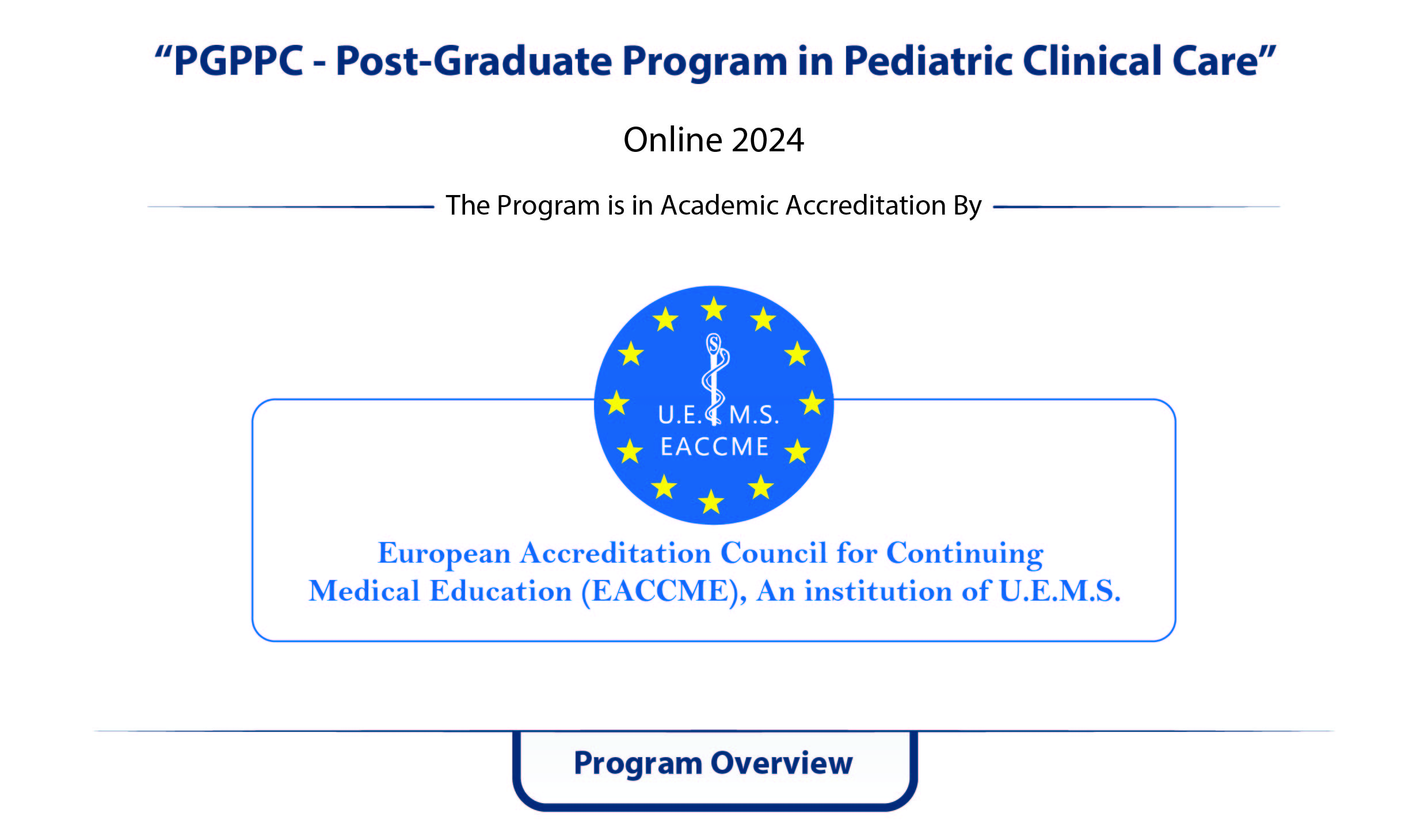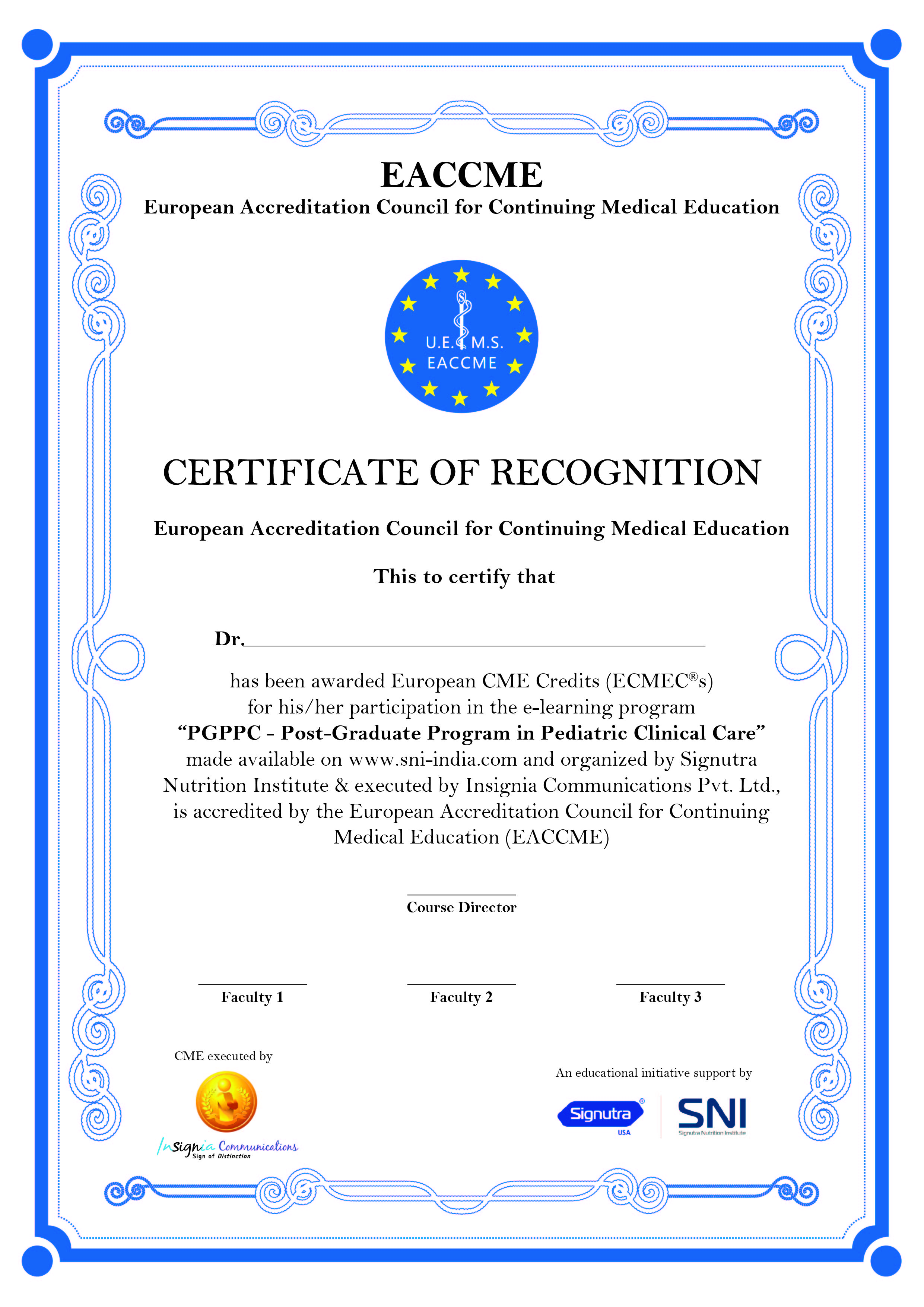
The curriculum allows pediatricians to update themselves with current research and also learn from the experiences of fellow colleagues. The program titled “PGPPC - Post-Graduate Program in Pediatric Clinical Care”, comprises three important modules.
MODULE I
The discussion in the first module titled “Navigating Pediatric Obesity: Advanced Therapies Unveiled” revolves around the guidelines and challenges to management of obesity in childhood. It emphasizes the importance of early diagnosis and intervention as children with obesity are at higher risk for several medical conditions such as metabolic syndrome, insulin resistance, high blood pressure, and hyperlipidemia.
MODULE II
The second module “Unlocking ADHD Management Strategies: Beyond the Classroom” guides the pediatrician to early diagnosis of ADHD in children and adolescents. It gives insights concerning pharmacological and behavioral therapies in ADHD.
MODULE III
The third module on “Healing Hands: Integrative Approaches to Pediatric Chronic Abdominal Pain” helps the pediatrician to navigate the integrative/nonpharmacologic approaches to treat common pediatric gastrointestinal complaints and understand pain neuroscience education.
Learning Objectives
After successful completion of the program, the participant is likely to understand:
1. The challenges and guidelines in managing pediatric obesity
2. The significance of early diagnosis and management of ADHD
3. The implementation of the Rome IV framework and its impacts on pediatric abdominal pain diagnosis and therapy
Reference Certificate

This CME initiative is made possible by an unrestricted educational grant from Signutra®. We hope you will find this program valuable for knowledge upgrades.
For any further assistance, kindly reach out to the Signutra's representative.
Happy Learning!



